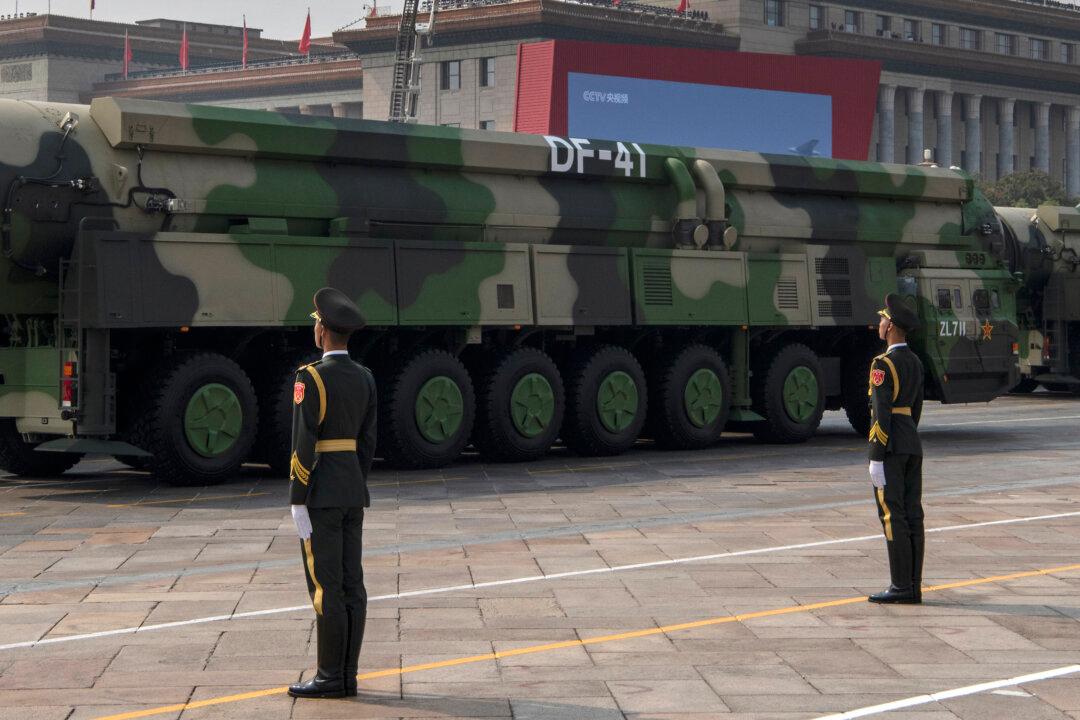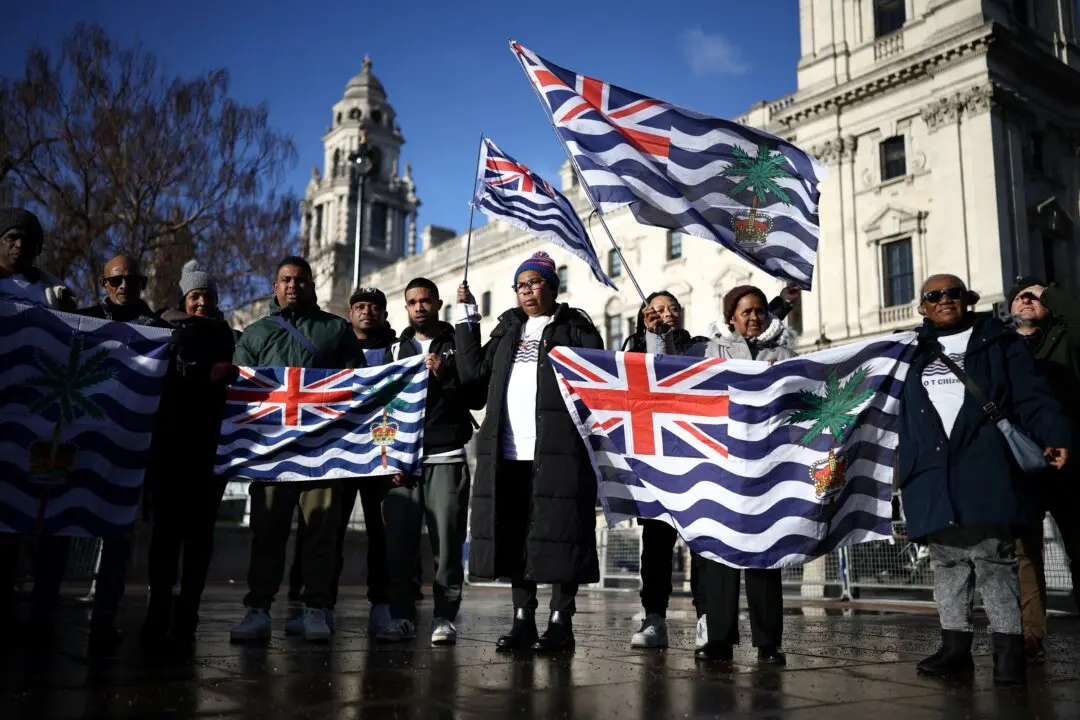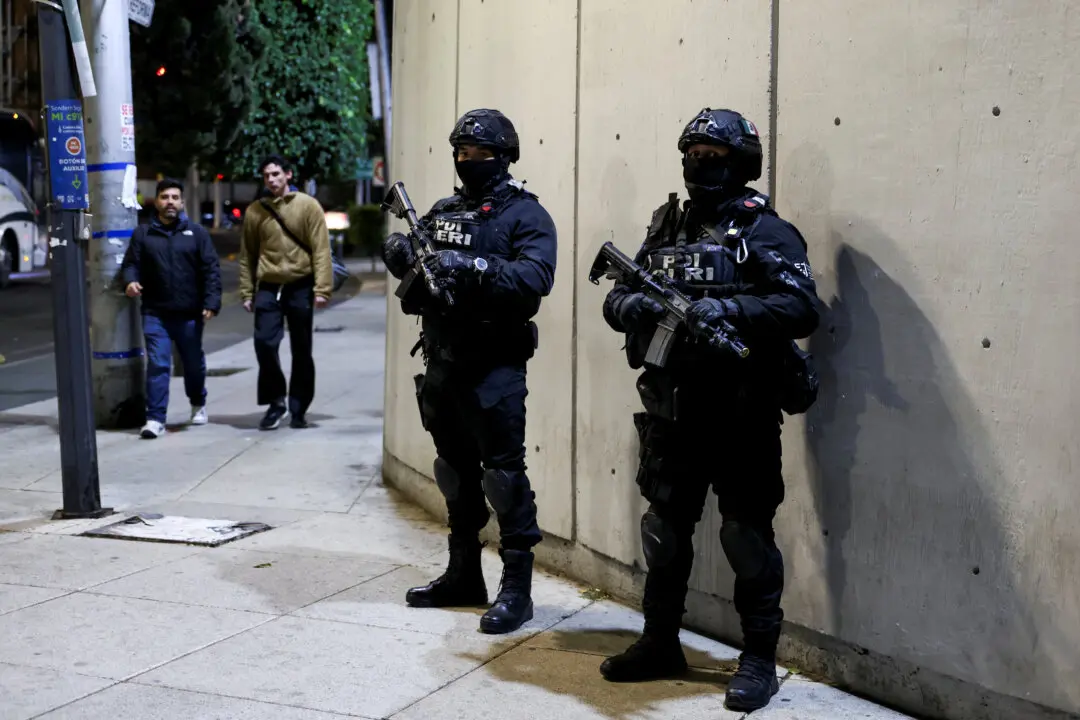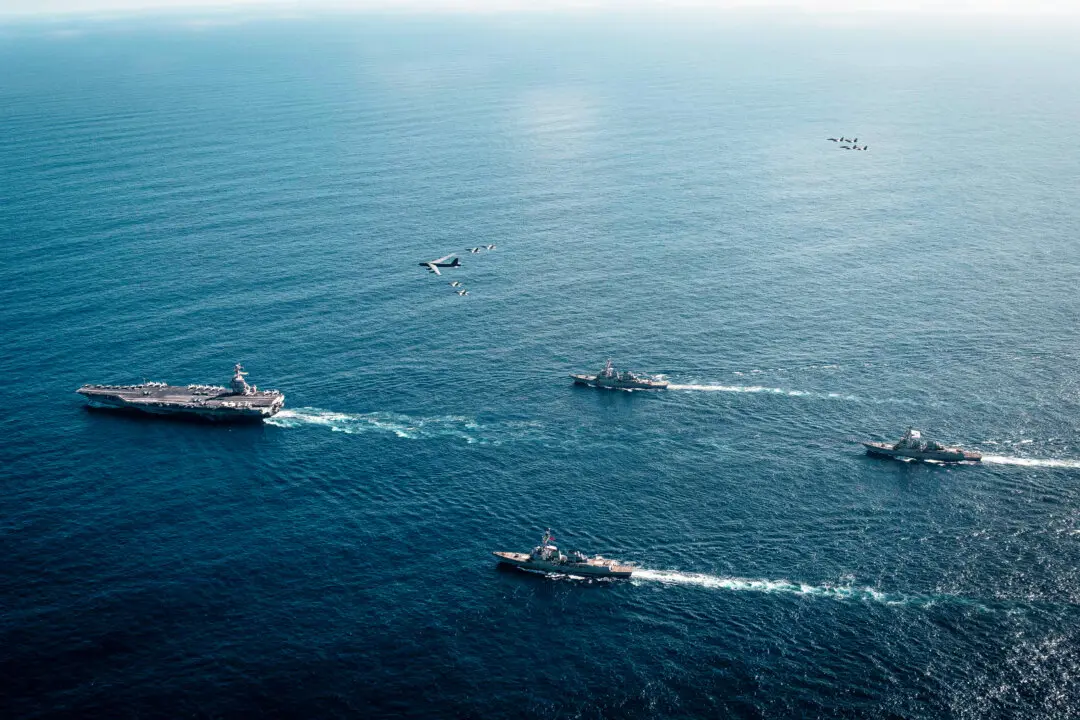Commentary
Chinese leader Xi Jinping is increasingly taking China down a disastrous path of scientific decoupling and military buildup that leads to the country’s estrangement from the world, and risks war. On July 30, according to the South China Morning Post, Xi made a series of comments promoting China’s military power and economic independence, with the sole control of that economic and military power to be held by the Chinese Communist Party (CCP). Xi Jinping leads the CCP, and his call for more military power under the control of the CCP is typically self-serving, rather than in the interests of China.





